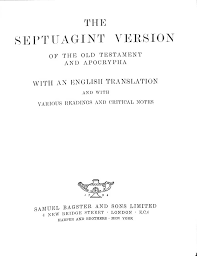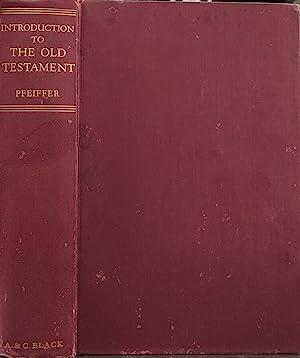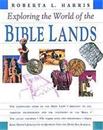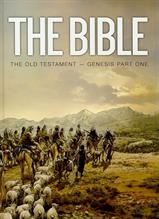

The term Septuagint is often thought of as the Greek version (or translation) of the Hebrew Bible, much like the Vulgate is the Latin version or the Peshitta is the Syriac version. But, technically speaking, there is no such thing as “the Septuagint.” If you own a modern copy of the Septuagint (e.g., Rahlfs or Brenton editions), it is an “eclectic” edition, that is, a collection of the best and most reliable Greek manuscripts reconstructed to approximate the original translation of the Old Testament from Hebrew to Greek.
The Septuagint is quite possibly the most important translation of the Bible. It is the oldest translation of the OT into another language. It was considered by Philo and Josephus to be on an equal footing with the Hebrew Bible. It was preferred to the Hebrew by the Early Christian Church. And it sheds much-needed light on the development of the New Testament.
Still, many Christians today have little to no knowledge of it.












